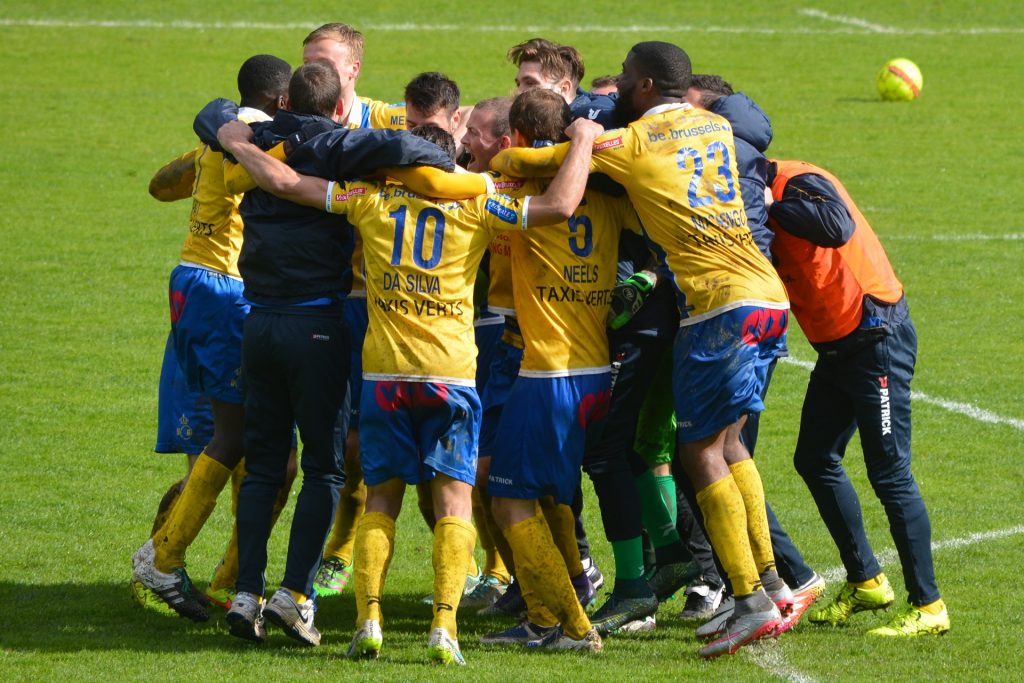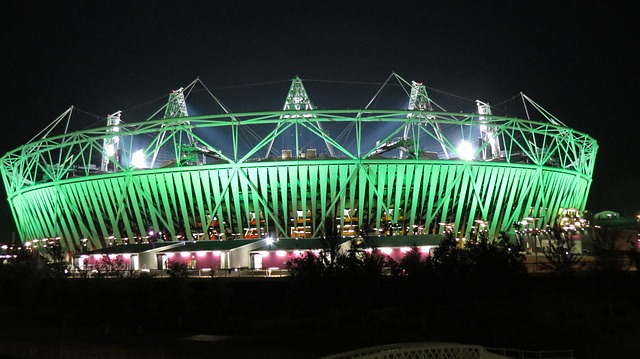This post was written by Dr Andy Harvey – a Researcher at the Birkbeck Sport Business Centre and an Associate Lecturer in the Department of Psychosocial Studies. I am writing this as the January transfer window heads towards its final few frenetic hours, with breathless TV pundits reporting any last minute deals that clubs may make. The headlines during January have, as usual, focussed on the big money multi-million pound transfers, with Oscar’s move to Shanghai for a reputed £60m the stand out piece of business.
I am writing this as the January transfer window heads towards its final few frenetic hours, with breathless TV pundits reporting any last minute deals that clubs may make. The headlines during January have, as usual, focussed on the big money multi-million pound transfers, with Oscar’s move to Shanghai for a reputed £60m the stand out piece of business.
While the media will be concentrating on the Premier League and big name moves that helps to establish football in the minds of many as a game saturated in unimaginable amounts of money, a report from November 2016 tells a different story altogether.
On Tuesday 29 November, FIFPro, the global professional footballers’ union, released their long anticipated report on employment conditions of the world’s professional footballers. For those who are brought up on a daily media diet of staggering transfer fees and salaries of elite players at the top of the European leagues, the report will make sobering reading.
In a survey of over 14,000 players, out of a global membership of 65,000, and covering every region of the world, the report reveals that 45% of players earned less than $1000US per month, while just 2% could be classified as the super-rich elite with earnings of over $720,000 per month.
However, to observers of the global labour market such figures would not come as a huge surprise. Disparities of wealth between the lucky few at the top and the unfortunate masses below have been a growing trend to the point that in developed and developing countries, the bottom half often controls less than 10% of the wealth. Such disparities in income between rich and poor have been growing since 1980 and the adoption by countries across the globe of the neo-liberal economic model promoted by the IMF and the World Bank. It is not surprising that football, a highly competitive business, should also see similar disparities of wealth between its players.
As the FIFPro report notes, income disparity between players is a function to a large extent of the differences between wage levels in individual countries. It should be remembered that $1000.00 a month in many parts of the world is a huge salary compared to the meagre wages that many people earn. The World Bank estimates that in sub-Saharan Africa alone, there are 389 million people living on less than $1.90 per day. So while there may be inequality within football, for the lucky few with the skills, talent and determination, football still seems to offer a better way to make a living than most. It is not surprising that young people in every part of the world still dream of making it in the big time.
However, earning a reasonable salary only means something if it is actually paid up and paid on time. One of the more startling results of the survey is that for professional footballers this is by no means certain with 41% of players reporting a delay in their salary during the previous two seasons. Some delays in salary payments lasted for over a year. These problems are exacerbated by the fact that professional footballers, unlike employees in other sectors, cannot simply take their skills elsewhere – they are subject to football’s transfer system that regulates how and when players can move to another club. At present a player can only break his contract of employment for just cause if he has not been paid for 90 days. If he tries to leave before that time he is liable to pay compensation to the club that holds his registration. This is a situation that is unique to football, and although there are good reasons for regulating the labour market to ensure stability for clubs and fair competition, it can also lead to the abuses that the FIFPro survey has revealed.
Late payment of wages is also a critical factor that threatens the integrity of football as it makes players vulnerable to the attentions of match-fixers. As I discovered in my own research into match-fixing in Europe, personal financial difficulties are a major contributing factor to corruption in sport. Large income disparities and late payment of wages, combined with the inability of players to move quickly to another club, is a perfect storm for corruption,and it is no surprise that the latest FIFPro research reveals that 1 in 11 players have been approached by a match-fixer. That is not to say that they have succumbed to temptation, but while late payment of wages persists in the game it will always be vulnerable to match-fixing.
The FIFPro survey shines a welcome light into the recesses of the world’s favourite sport that is so often insular and hard to penetrate. It shows that football is not immune from the global economic processes that have seen dramatic rises in precarious employment and temporary contracts even for professional employees. To this extent, those of us who work on the edges of the British academic system might say welcome to the modern world of short-term work and fixed-term contracts. But the FIFPro survey also highlights how the football sector has its unique systems of pressure that are exerted on its players, especially the journeymen who make up the vast bulk of the global playing staff. It is a highly competitive environment with a career-threatening injury never more than a moment away and where the pressures to perform and succeed are intense. Perhaps, most of all this report should make us all realise that a professional footballer is just another worker trying to make a living – just like the rest of us.

 As a researcher of the use of sport events and stadiums in regeneration projects I was interested in a recent graphical representation of how special events are linked to UK Gross Domestic Product (GDP) put out by the Office for National statistics (ONS). The representation showed a sharp spike in GDP at the time of the London 2012 Olympics and Paralympics.
As a researcher of the use of sport events and stadiums in regeneration projects I was interested in a recent graphical representation of how special events are linked to UK Gross Domestic Product (GDP) put out by the Office for National statistics (ONS). The representation showed a sharp spike in GDP at the time of the London 2012 Olympics and Paralympics.